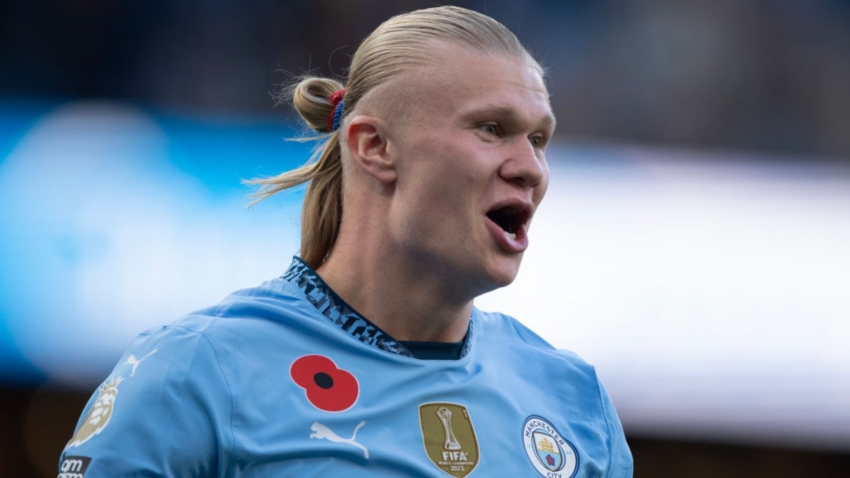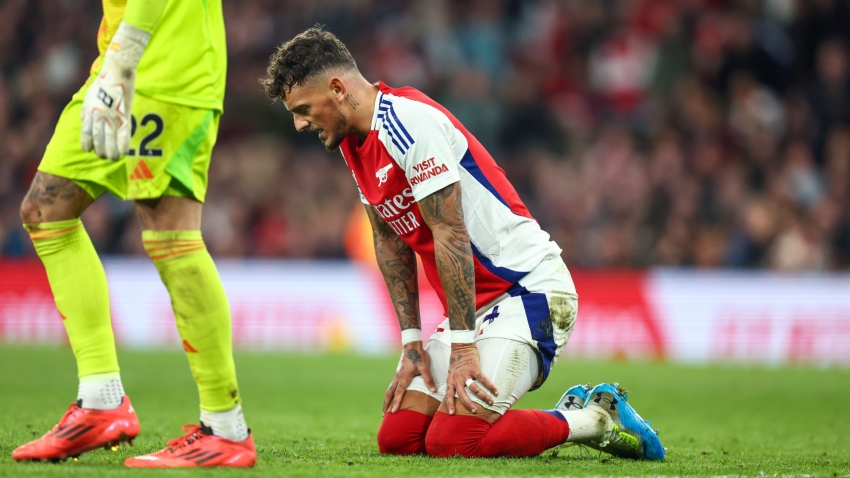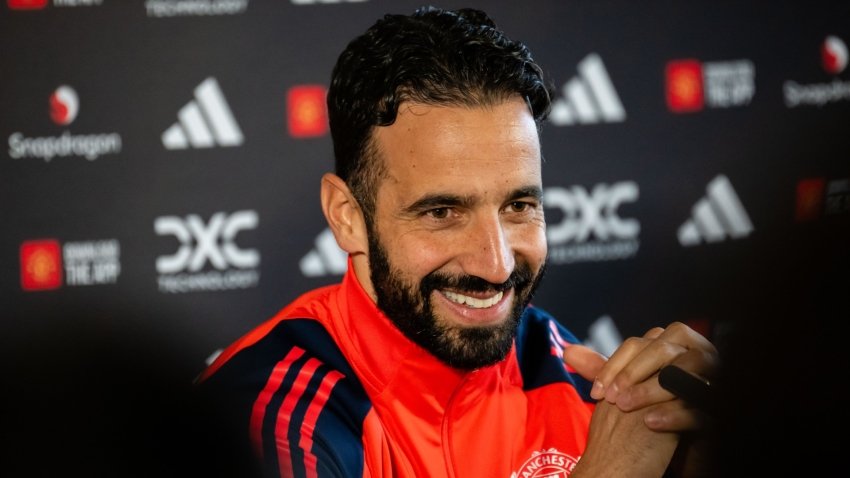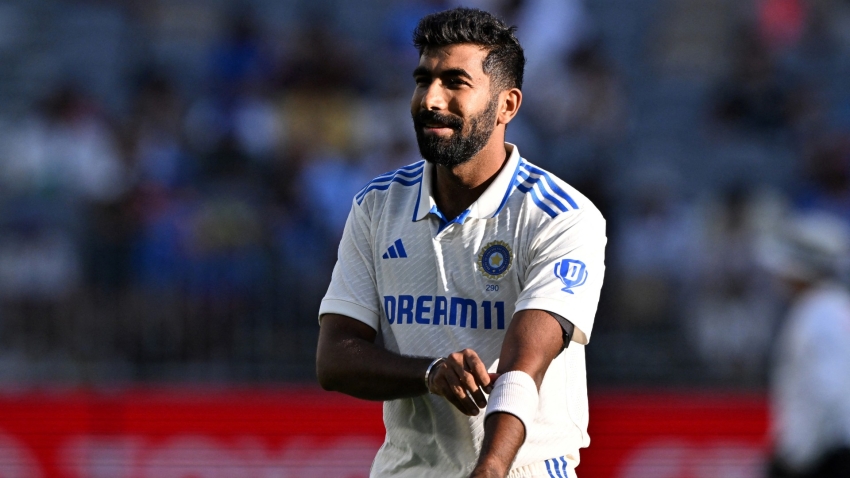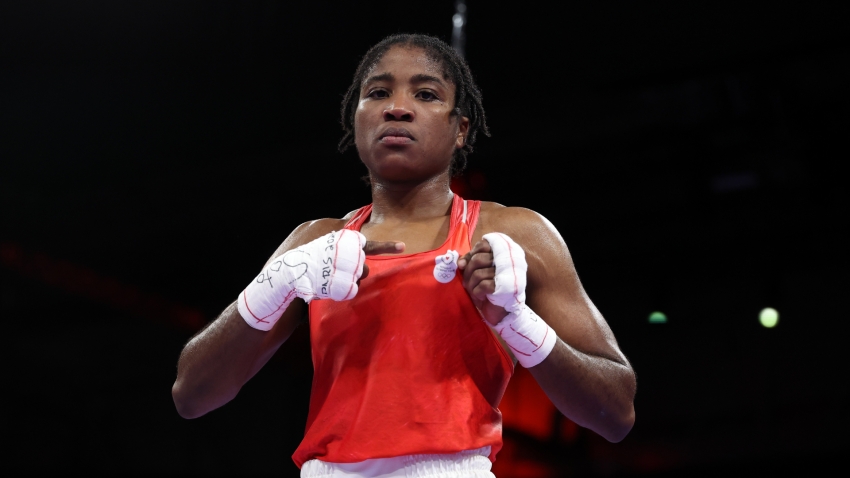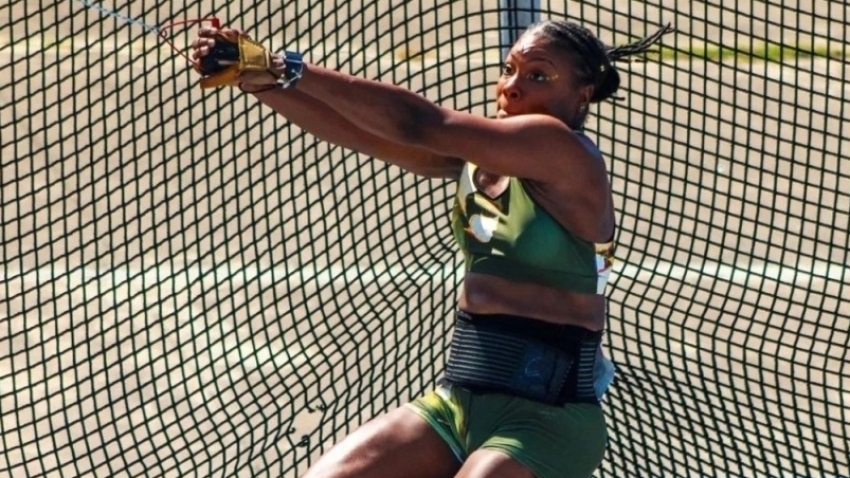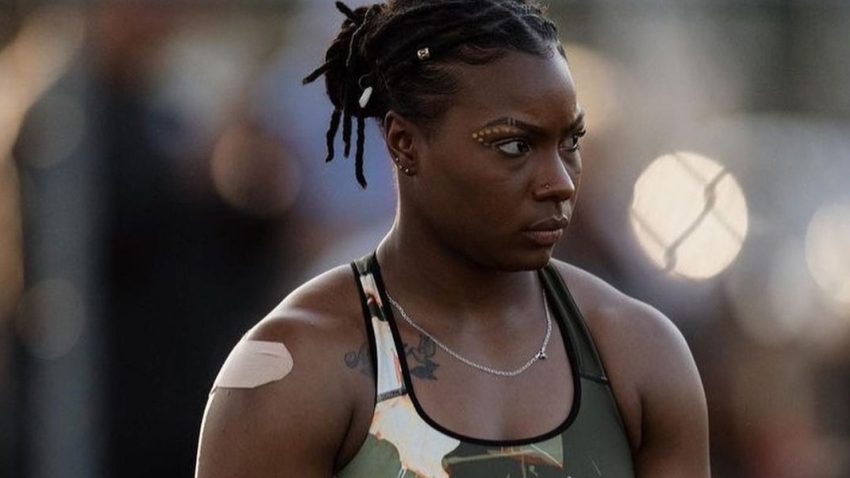Attorneys for Jamaica’s hammer thrower Nayoka Clunis have followed through on their promise, and have filed an urgent appeal with the Court of Arbitration for Sport’s (CAS) Ad Hoc Division to seek a resolution regarding the athlete’s Olympic Games omission.
As a result of the application, the Jamaica Athletics Administrative Association (JAAA) has once again been given a deadline to respond.
In accordance with Article 15 lit b. of the CAS Ad Hoc rules, the JAAA, as the Respondent, has until Friday, July 19, at 6:00pm Paris time (11:00am Jamaica time) to file a reply to Clunis’ application.
World Athletics, Jamaica Olympic Association (JOA) and the International Olympic Committee were also listed as “Interested Parties” in the issue.
“Within the same timeline, the interested Parties are entitled to file a written submission if they wish to do so. Upon receipt of the written submissions of the Respondent and interested Parties, the panel will decide shortly after whether to hold a hearing,” the CAS Ad Hoc rules stated.
It is unclear what the outcome would be if the JAAA or the Interested Parties fail to respond.
Prior to filing the application, Clunis’ representatives, Sayeed Bernard and Emir Crowne, wrote to the JAAA and the JOA on Wednesday seeking an update about Clunis’ Olympic team status by 5:00pm, but their deadline was not met.
The issue stems from the fact that Clunis, who achieved a National Record of 71.83 metres in May, to be ranked in the top 32 in the world this year, was initially named to the JAAA’s athletics team for the Paris Olympics.
However, the 28-year-old’s dream of competing on the world’s biggest stage is now hanging in the balance due to a blunder from the JAAA, as her name was later omitted from the JAAA’s official list submitted to World Athletics.
“Following the Jamaican Olympic Trials, I was elated to receive notification of my official selection to Team Jamaica. Unfortunately, I have since found myself in a difficult position. Due to an omission made by the Jamaican Athletics Administration Association, my name was not officially submitted to World Athletics. As such, I do not have a position in the Olympic Games,” Clunis shared in a post on X, formerly Twitter.
CAS’s Ad Hoc Division deals with the arbitration of disputes that arise regarding major sporting events and usually decides within 48 hours.









